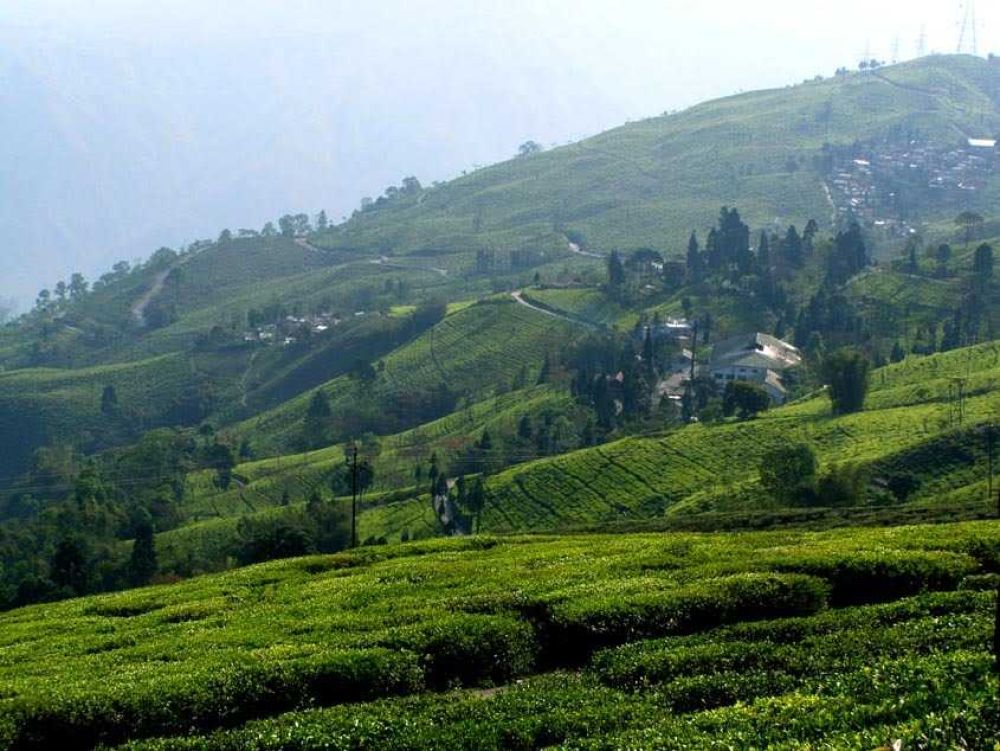

Nestled in the serene hills of West Bengal, Mirik has become a scenic tourism destination known especially for its captivating tea gardens. The history of tourism in Mirik is intricately linked to the broader development of tea plantations in this region, which traces back to the British colonial era.
The introduction of tea plantations by the British in the 19th century laid the groundwork for what would become the main attraction of Mirik. Over time, the sheer beauty of terraced tea gardens sprawling across the hill slopes caught the attention of travelers and explorers.
It wasn't until the late 20th century that Mirik was formally developed as a tourist destination. The West Bengal government, recognizing the potential of Mirik’s natural beauty and temperate climate, took measures to promote tourism in the region. One such initiative was the establishment of the Sumendu Lake, around which the town is centered.
The combination of mesmerizing landscapes, the tranquility of Sumendu Lake, the unending stretch of tea gardens, and the cultural vibrancy of the region attracted tourists from all over the country and gradually from around the globe. With time, Mirik's fame as a place of relaxation and a tea tourism hotspot grew exponentially.
The tourism trends in Mirik have evolved to cater to a more diverse and experiential-driven traveler profile in recent years.
Building on its reputation for tea, Mirik has leaned into tea tourism, providing visitors with immersive experiences that include tea plucking, factory visits, and tea tasting sessions. This initiative not only promotes the local tea industry but also provides an authentic glimpse into the life and culture of the region.
There has been a considerable shift towards eco-tourism and sustainable travel practices in Mirik. Local accommodations are increasingly adopting eco-friendly methods such as rainwater harvesting, solar energy, and organic farming, thus contributing to conservation efforts and providing a green stay experience for tourists.
The tea estates and the surrounding hills have started to offer various adventure activities like mountain biking, trekking, and paragliding to appeal to adventure enthusiasts and to complement the serene experiences of the tea gardens.
Another emerging trend is the rise of homestays. Visitors often choose to stay with local families to experience the local culture intimately. This deepens the tourist's connection with the region and supports the local economy.